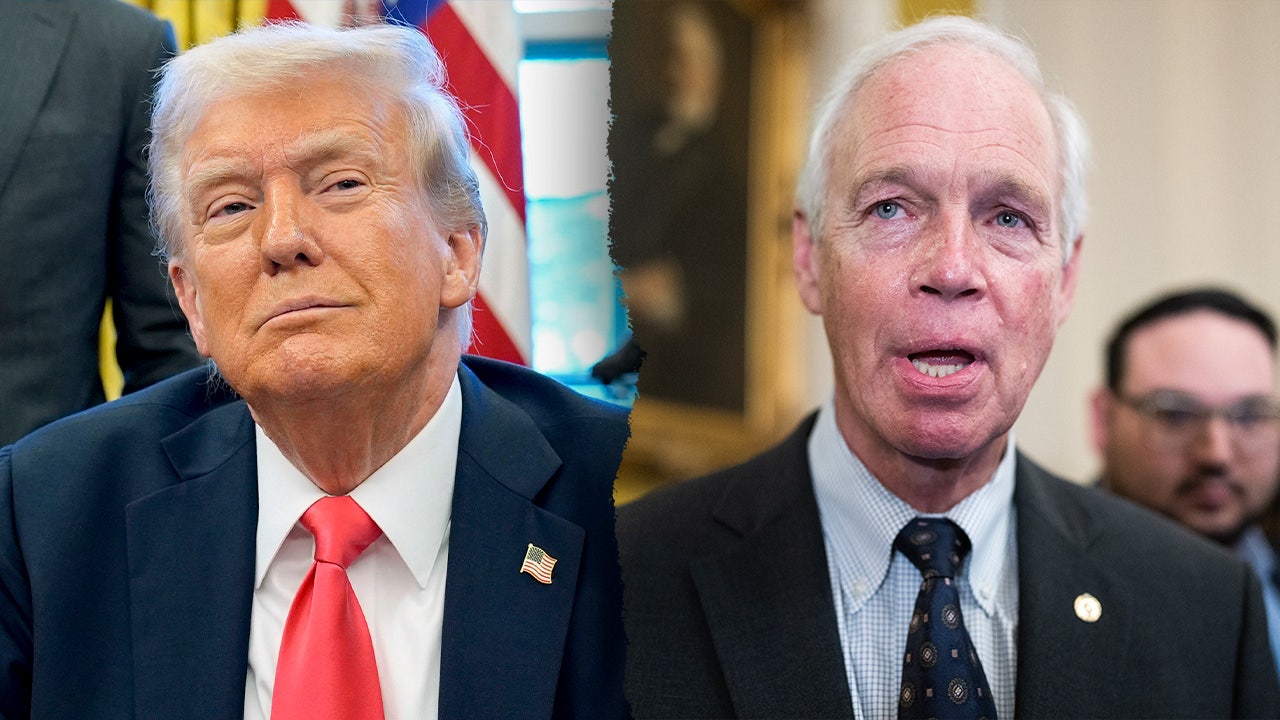Senate fiscal hawk warns Trump’s ‘big, beautiful bill’ needs more time

Senate Republicans are facing a race against time as they work to finalize President Donald Trump’s massive bill. The House GOP has already passed their version of the bill, and now the Senate is working to complete their own iteration. However, Senator Ron Johnson, a fiscal hawk, is skeptical that they will be able to meet their self-imposed deadline.
Each of the 10 Senate committees has unveiled a portion of the bill, with adjustments being made to adhere to Senate rules and address concerns from different factions within the party. With plans to put the package on the floor for a vote next week, Senator Johnson believes there is enough resistance within the party to potentially delay the process. He has been advocating for deeper cuts in the bill, beyond the $1.5 trillion target set by the House, in order to address the nation’s deficit.
During a press call, Senator Johnson presented a 31-page report outlining various scenarios of the deficit and growth impacts of the Republican plan. The report aimed to challenge the findings of the Congressional Budget Office and highlight the fiscal challenges facing the nation. Despite claims from Republican leaders and the White House about the unprecedented spending cuts in the bill, Senator Johnson emphasized the need for a closer examination of the nation’s fiscal health.
Concerns have also been raised about proposed changes to Medicaid and a debt-ceiling hike, which could further complicate the bill’s passage. Senate Majority Leader John Thune can only afford to lose three votes in order to pass the bill through the budget reconciliation process. Senator Johnson expressed hope that the full bill would not be brought to the floor next week, as he believes it would not receive enough support.
Senator Johnson has suggested breaking up the bill into smaller parts to allow for more thorough consideration. He emphasized the importance of fully understanding the content of the bill before voting on it, echoing President Trump’s call for a better bill. As the Senate continues to navigate the complexities of the bill, the fate of Trump’s “big, beautiful bill” remains uncertain.




